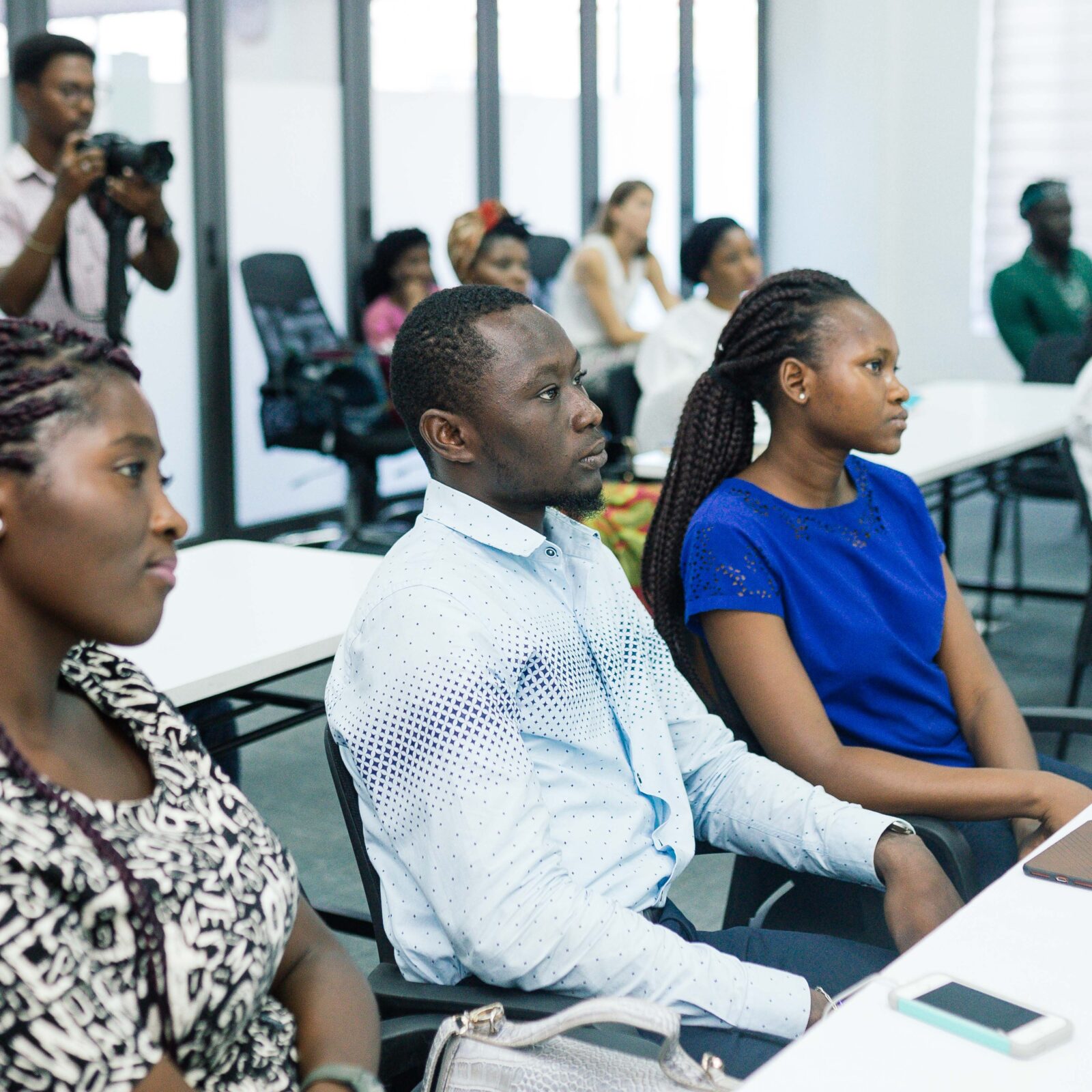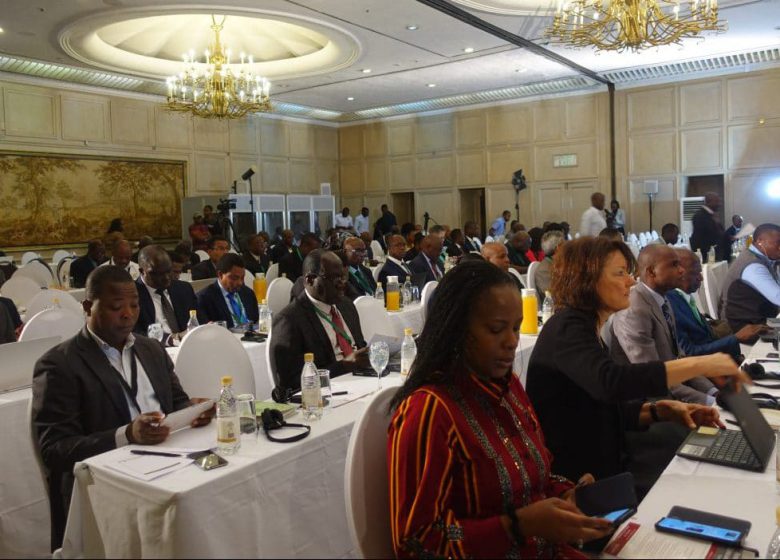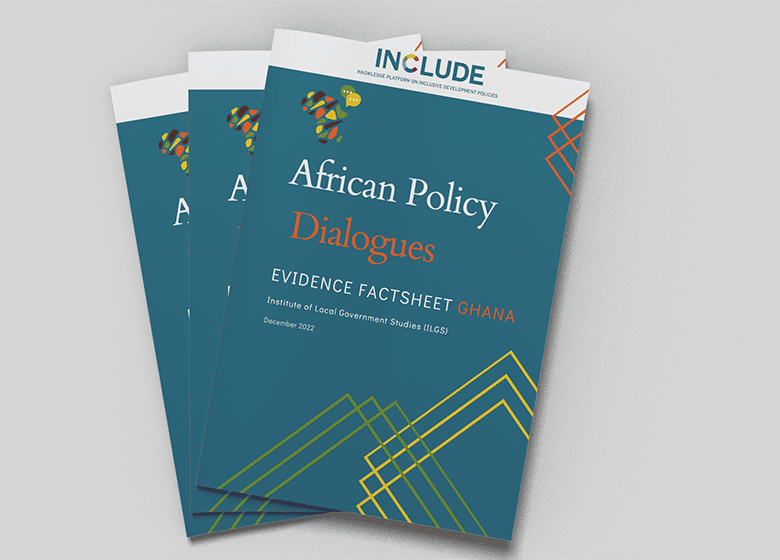About the African Policy Dialogues
The aim of the APDs is to encourage the use of existing and new knowledge in policy making in Africa. The dialogues identify priority policy issues in a sector where evidence is lacking, generate evidence and use the evidence to inform the drafting and implementation of policies and programmes. They are initiated by INCLUDE’s platform members, hosted by the platform members’ organizations and implemented in collaboration with national level stakeholders. The aim of the APDs is to encourage the use of existing and new knowledge in policy making in Africa.
Find out about the newly launched African Policy Dialogues here.


